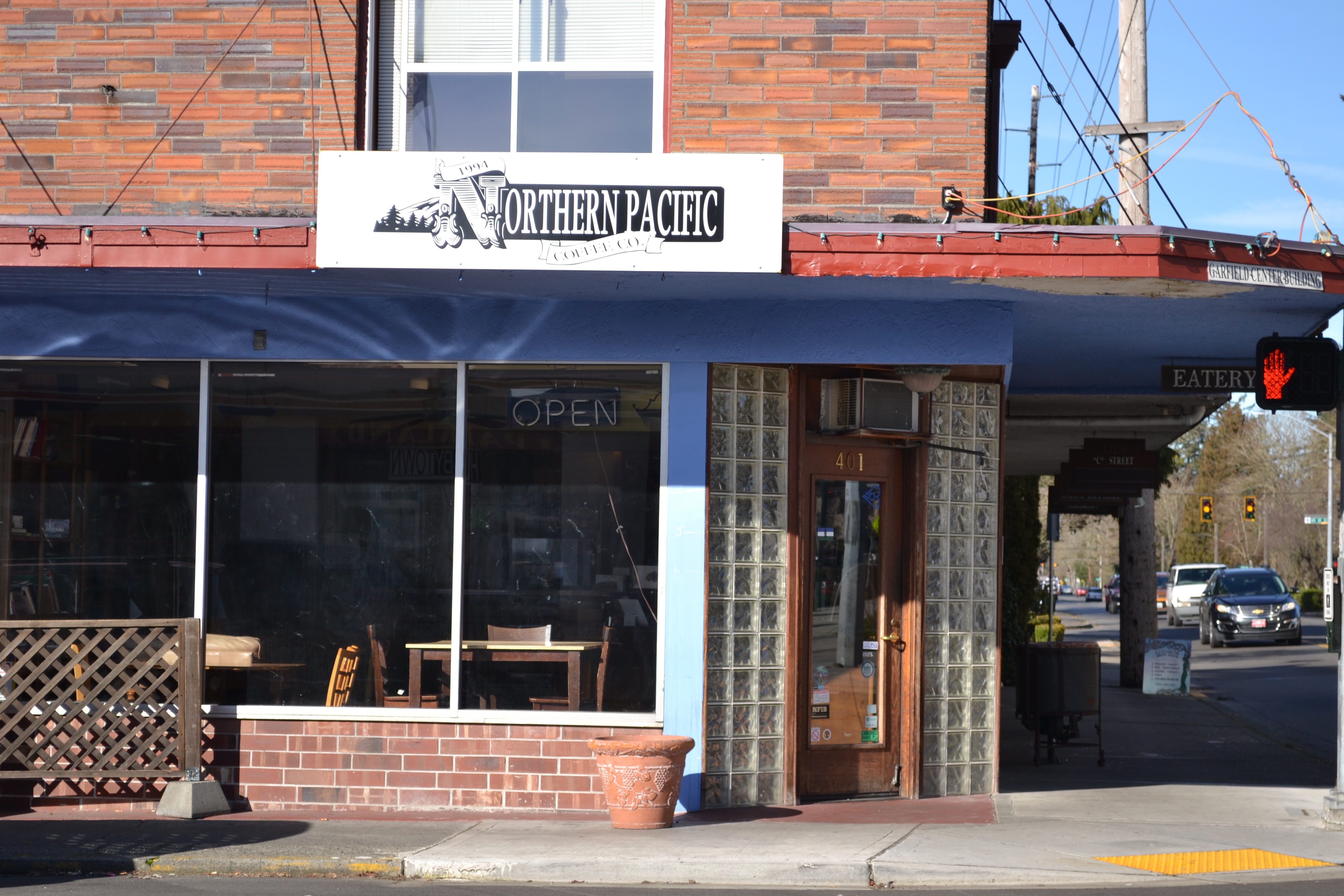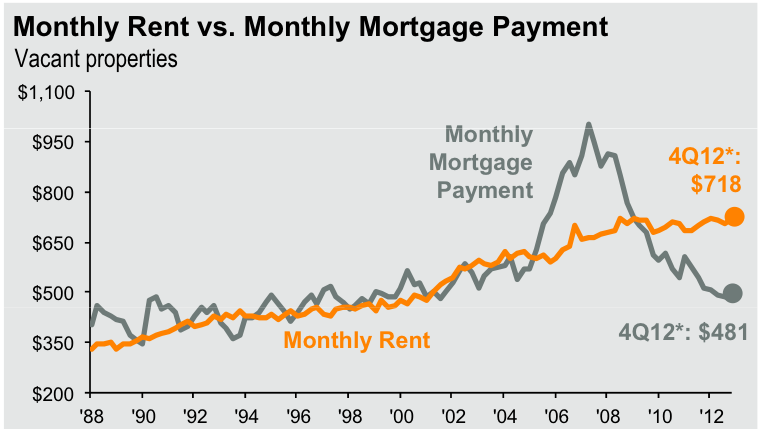Be careful what you “like” on Facebook, because it might just cost you your ability to sue.
General Mills, the company that owns brands such as Cheerios, Betty Crocker, and Haagen-Dazs, is under public scrutiny for attempting to void buyer’s rights to sue in traditional court.
The company was ratted out for adding language to its website that stated, “all disputes related to the purchase or use of any General Mills product or service to be resolved through binding arbitration.”
This means that anyone who had in some way “used a General Mills product or service” was automatically required to give up his or her right to sue in traditional court and could not participate in a class action lawsuit.
According to The New York Times, General Mills definition of “using a product or service” meant anything from downloading coupons, to buying its products, to joining it on online communities.
In other words, simply “liking” General Mills on Facebook could mean saying goodbye to the ability to sue.
The terms did not leave consumers completely defenseless, but they stated that an unhappy customer’s only options were either to negotiate the dispute informally or to go through the arbitration process.
Arbitration is an alternative to traditional court in which an impartial third party makes a binding legal decision between the plaintiff and the defendant. According to Forbes, arbitration is generally thought to be a cheaper alternative to traditional court, but can still involve hefty filing and legal fees.
Arbitration is the method used in television court shows such as “Judge Judy” or “The People’s Court.”
When General Mills’ unprecedented terms were discovered on its website, the media and consumers lashed out against the company.
Major news outlets such as ABC News, The New York Times and Fox News all ran articles that exposed General Mills’ new online terms. According to the General Mills website, it became clear that “consumers didn’t like it.”
In response to the exposure and consumer outrage, General Mills announced in a statement on its website April 19 “we’ve listened—and we’re changing our legal terms back.”
The statement, which was more of an apology, went on to say “Those terms – and our intentions – were widely misread, causing concern among consumers,” and “We’re sorry we even started down this path.”
The statement went on to say that the reason that binding arbitration was used in the terms was because it was the most cost effective option, and that the terms have officially been changed to what they were beforehand.
General Mills also pointed out in its statement that many other companies have similar arbitration terms. According to the Public Citizen, a group that lobbies for public interests, companies from AT&T, to Wells Fargo, to In-N-Out Burger all have binding arbitration clauses.
While the companies constantly change their terms, we, as the consumer, need to be wary of the terms we agree to—and how we agree to them.




















